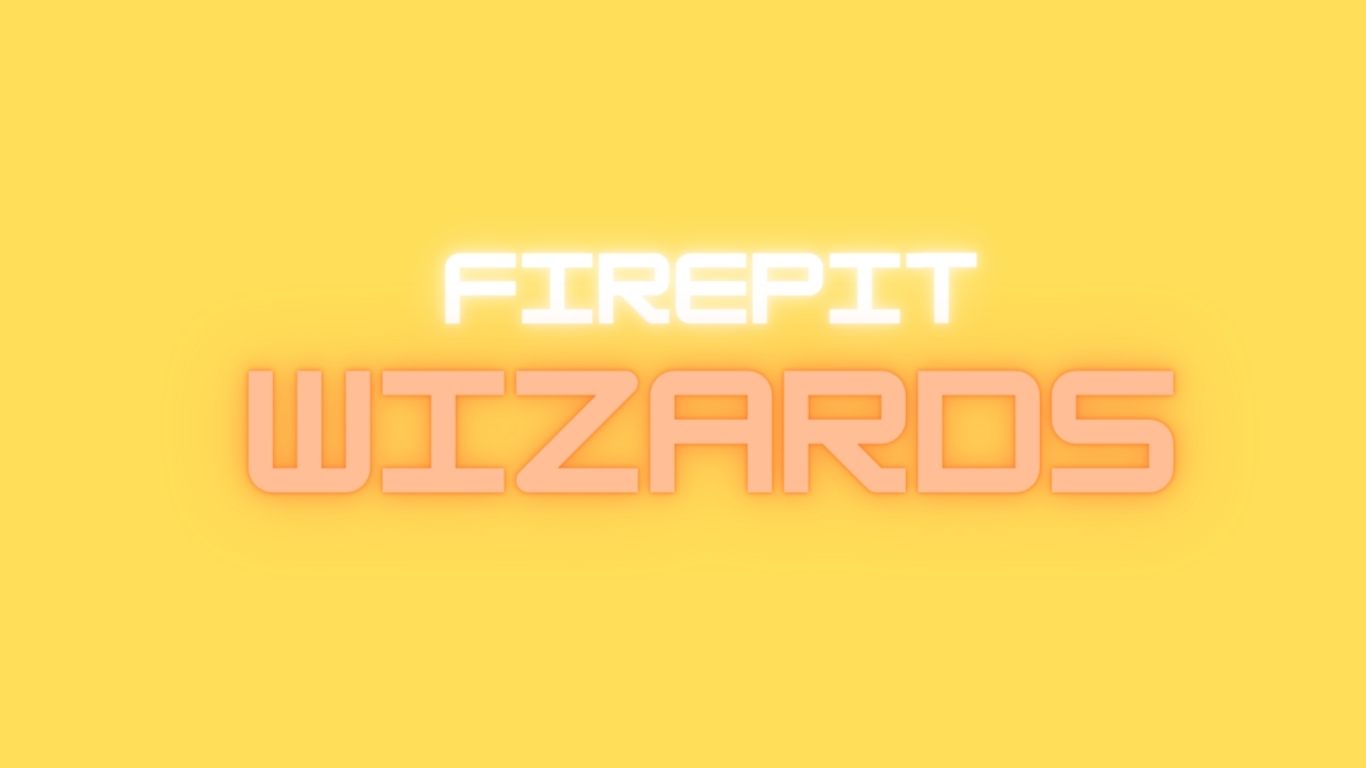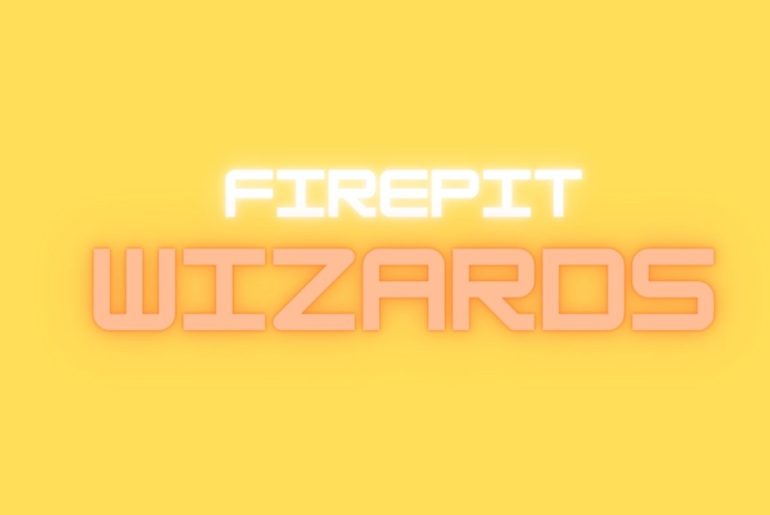Outdoor fires can spark a cozy ambiance, serving as a hub for friends and family gatherings. The choice of materials used to build a fire pit is fundamental in ensuring safety and durability. This article takes a detailed look into the question: are cinder blocks safer than concrete blocks for fire pits?
Cinder Blocks Vs. Concrete Blocks: The Basics
The distinctive difference between cinder blocks and concrete blocks lies in their composition. Concrete blocks are made from Portland cement, sand, and water; they are a bit heavier and generally stronger than cinder blocks. On the other hand, cinder blocks, also known as concrete masonry units (CMUs), are made with cement and an aggregate of coal cinders, making them lighter but less sturdy.
Understanding Fire Pits
To deep-dive into the question of material safety, we need to first understand fire pits. A fire pit, effectively an outdoor fireplace, can be either in-built or portable. It uses wood or gas as fuel and is traditionally lined with fire bricks to tolerate extreme temperatures.
Safety Considerations for Fire Pits
A fire pit’s safety is critical. It should be located at least 10 feet away from any structures and overhanging branches. Other safety considerations include having a fire ring liner to contain the fire and using a spark screen to prevent flyaway embers.
Why Choose Concrete Blocks For Fire Pits?
Concrete blocks exhibit a range of desirable characteristics, including durability, strength, and resistance to extreme weather conditions. They are a go-to choice for many seeking a long-lasting option for their outdoor fireplace.
The Downfall of Concrete Blocks
Despite their strength and durability, concrete blocks are not inherently fire-resistant. They can explode if exposed to high temperatures for extended periods, posing a signficant safety risk.
Perks of Cinder Blocks for Fire Pits
Cinder blocks are lightweight and budget-friendly, making them a favorite for many DIY enthusiasts. Additionally, they have good insulation properties due to their hollow design, promoting a consistent burn.
The Dark Side of Cinder Blocks
Historically, cinder blocks contained fly ash, a by-product of coal combustion, which can potentially release toxic chemicals when heated. Modern cinder blocks don’t typically contain fly ash, but it’s crucial to double-check.
The Role of Fire Brick Liners
Regardless of whether you choose cinder or concrete blocks, incorporating a fire brick liner can enhance your pit’s safety and prolong its life span. These bricks withstand high temperatures and protect the structural blocks from heat damage.
Proper Use and Maintenance
Whichever material you choose, proper use and maintenance can safely prolong the life of your fire pit. This involves regular cleaning, using a cover to protect it from the elements, and closely monitoring the fire at all times.
Honing Your DIY Skills
Got your DIY hat on? Regardless of whether your fire pit utilizes cinder or concrete blocks, the assembly process requires careful planning and execution, including determining good airflow and proper drainage.
Comparing Costs: Cinder vs. Concrete
Cinder blocks are economical, typically costing between $1 and $3 each. Concrete blocks, being more robust, generally range from $1.5 to $3 per block, making the two comparably priced.
Making the Final Decision
The choice between cinder and concrete blocks for your fire pit depends on various factors, including cost, safety, and aesthetic appeal. Knowing the full facts will help you make the best decision for your outdoor sanctuary.
Conclusion
Both cinder and concrete blocks pose potential risks when used in fire pits without sufficient safety measures. Concrete blocks, while robust and lasting, can explode under extreme heat. Cinder blocks, while cheap and well-insulated, could potentially contain harmful materials. The most important thing is employing proper safety precautions, such as using a fire brick liner, no matter the type of block you choose.
FAQs
1. Are concrete blocks better than cinder blocks for fire pits?
Not necessarily. Both have their pros and cons. Concrete blocks are stronger and more durable but risk exploding under intense heat. Cinder blocks are more economical and better insulators but might contain harmful substances.
2. Can cinder blocks explode in a fire?
Cinder blocks are less likely to explode than concrete blocks. However, if they contain coal cinders, these may emit toxic chemicals when heated.
3. How can I make my fire pit safer?
Consider using a metal ring or fire brick liner inside your pit to protect the structural blocks. Also, make sure your fire pit is located in a safe area, away from structures and overhanging branches.
4. Which is more cost-effective, cinder or concrete blocks?
Cinder blocks are slightly cheaper than concrete blocks, typically ranging from $1 to $3 each.
5. Can I use a mix of cinder and concrete blocks to build a fire pit?
While possible, using a mix could cause uneven heat distribution and structural instability due to the different properties and strengths of the materials. It’s generally best to stick with one type for the entire project.

